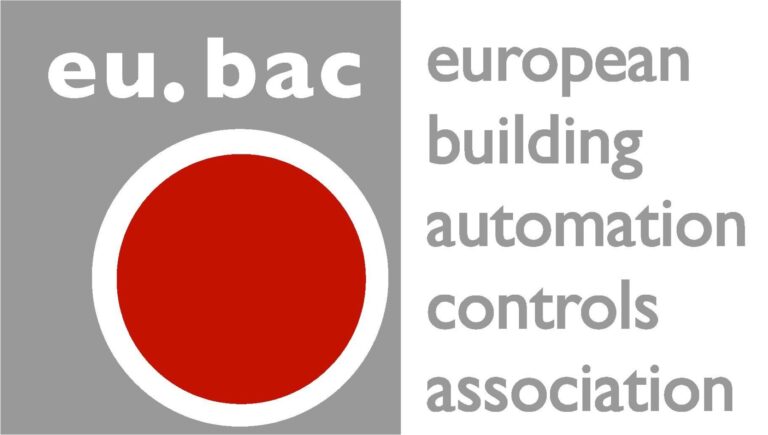eu.bac press release on the EPBD vote in the ITRE committee

eu.bac welcomes the successful ITRE committee vote on the Energy Performance of Buildings Directive (EPBD). The rapporteur Ciarán Cuffe and the shadows did excellent work, leading a vast majority of the committee to vote in favour of this important revision. Thanks to this, the overall ambition of the file has increased, but still keeping in due consideration all the concerns raised by the different stakeholders. eu.bac is pleased to find that, as in the Commission’s proposal, the ITRE agreement recognises the importance of Building Automation and Control Systems (BACS) as a cost-effective tool to achieve Europe’s decarbonisation and energy security goals. Furthermore, it is reassuring that the agreement addresses the importance of building Indoor Environmental Quality (IEQ) when increasing building energy efficiency. Nevertheless, there is further room for improvement, particularly on Data Exchange (Art 14.), which threatens to undermine the business case for companies delivering energy services across the EU.
Hans Smid, president of eu.bac, said:
“Today’s vote is a positive step for the European Union. Thanks to the extension of the scope of the BACS capabilities requirements in non-residential buildings, these cost-effective technologies will be deployed faster, delivering more savings and accelerating decarbonization while enhancing the health and comfort of the occupants. Another key milestone is represented by the new mandatory thresholds introduced for the Smart Readiness Indicator, which should become mandatory for large non-residential buildings in the next year. This tool will finally give more value to the buildings equipped with smart technologies.”
Gaia Balzarini, chair of the eu.bac advocacy working group, added:
“The provisions on hydronic balancing and self-regulating devices represent an excellent opportunity to address low-hanging fruits in decarbonising Europe’s building stock. Furthermore, the new BACS requirements in the residential sector are a first step to future-proof residential buildings. Not only do they drive immediate savings, but they also make the building ready for a heat source replacement (i.e. with a heat pump and district heating) or an envelope improvement, which is necessary to let the other interventions deliver the expected results. Furthermore, BACS such as TRVs, Rooms Thermostats, and pressure-independent balancing valves are quick and easy to implement (most can be in place within a few hours in a single-family house or dwelling). They require minimal investment and offer excellent returns, making them truly affordable. Finally, installation of BACS distributes the economic value across multiple small players.”
Simone Alessandri, managing director of eu.bac, concluded:
“Despite the good elements already mentioned, few aspects still need improvement. First, there is a need for clarity on the economic feasibility of BACS requirements: the member states should clearly frame the exceptional cases in which the measures should not be implemented in specific buildings without giving room for misunderstandings and personal interpretation of the single professionals involved. Furthermore, the impact of the provisions on Data Exchange should be carefully considered. As of today, the wording is confusing and could risk citizens’ privacy rights and threaten the business models of many EU industries. Therefore, we call on the Commission to use the implementing and delegated acts to protect citizens’ privacy and businesses’ intellectual property.”
The building automation and control industry confirms its commitment to working with co-legislators and looks forward to supporting them in the trialogue phase. After this important step taken by the EU Parliament, it is time for the Council to show EU citizens that member states can live up to the challenges and really deliver on making the EU building stock healthy, efficient and smart.
